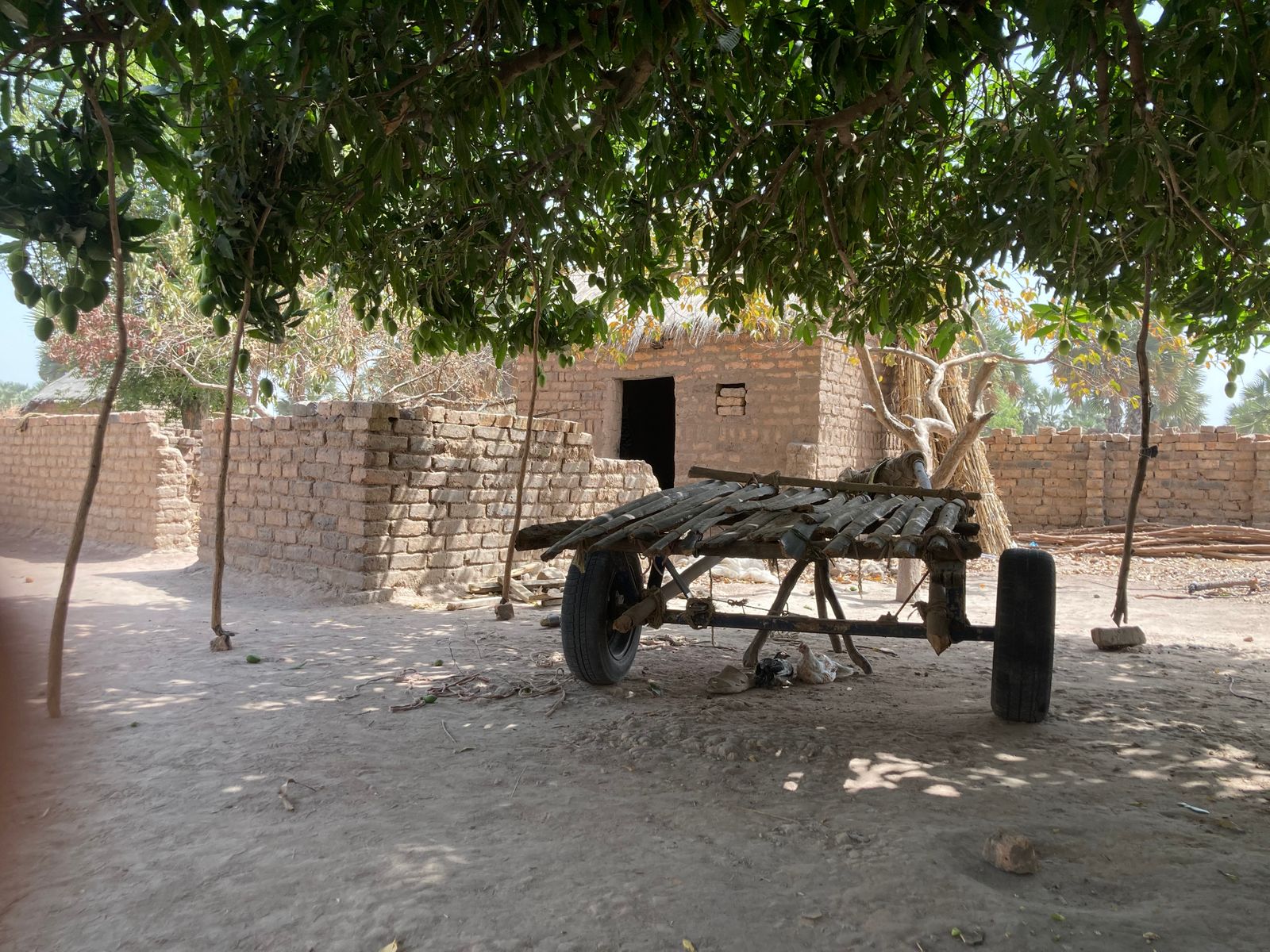Spleen
17 Dec 2022
The buzzing phone dragged me back to consciousness. I noticed the Lock Screen blaring "hospital" in the darkness. Awareness came gradually. I noticed my sore throat, congestion, and general fuzziness. So much for sleeping off this cold/flu thing. "Bonjour," I feebly attempted. "Bonjour, docteur. C’est la pédiatrie." The nurse went on to explain that the young boy who had just arrived at the hospital had been run over by an ox cart earlier in the evening. His abdomen seemed distended and he looked pale to her and seemed like he wasn’t breathing well. "Ok, check his hemoglobin and blood type. I’m coming." I apologized to the cat who had been curled up against me for warmth, extricated myself from the mosquito net over my bed, and put on a fleece jacket to mitigate the middle of the night December chill. On the peds admissions porch I found the boy leaning over the bench, supporting himself and wearing a thick blanket. "Can he lie down here on this mattress for the ultrasound?" He got up to lie down on the mattress, uncomfortable but ambulatory and cooperative. The ultrasound machine didn’t turn on. Dead battery. He followed me to the ultrasound room where the machine could be plugged in. I gently applied the ultrasound probe to each relevant point on the abdomen constituting a FAST exam. Fluid filled his pelvis, as well as the space between his right kidney and his liver, and the space between his left kidney and his spleen. His heart looked fine, no fluid there around the heart or above the diaphragm. The family members who had accompanied him to the ultrasound room yawned and rubbed their eyes. They were concerned, but tired after an evening spent traveling for several hours on rough dirt roads to arrive at the hospital in the middle of the night. One of the men, apparently his father, pointed out exactly where on the boy’s abdomen the tire of the ox cart had run over him. Back at the pediatrics ward I explained the ultrasound findings to the nurse who then


interpreted for the family. We started preparations for him to have an exploratory laparotomy, an open abdominal surgery to find out where the bleeding was coming from. In the operating room Danae and our visiting surgeon, Liz, found a grade three laceration of his spleen. They cleared out blood and clots from the abdomen and used a hemostatic material to stop the bleeding from the spleen.
I’m thankful to have visiting doctors capable of this kind of surgery. I have never treated a splenic laceration myself. Without surgeons, many patients like this boy would die, when a laparotomy can save their lives.
We’re still praying that a long-term surgeon can come join us at Béré Adventist Hospital, since our previous surgeon went back to the US for fellowship, and the next surgeon who was planning to come had to stay in the US for health reasons and now is also starting a fellowship. In the meantime, short-term visiting surgeons are literally lifesavers!


